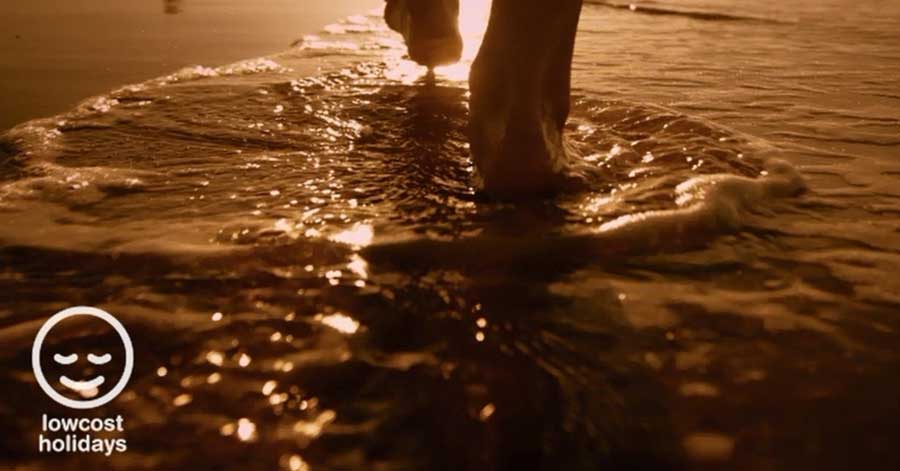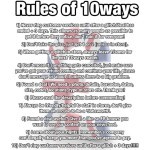27,000 customers currently abroad after buying from the company and 110,000 people who are waiting to go on holiday after buying from the company risk losing money.
Lowcostholidays moved to Palma, Majorca in 2013 so they were not ATOL protected, a scheme that protects UK consumers from holiday company collapse, they turned over £500million last year but as of yesterday the company was shut down due to lack of funds.
We deeply regret to announce that the lowcosttravelgroup (“LCTG”) ceased to trade on 15 July 2016, following exhaustive attempts by the group’s directors to rescue the group, which has been hampered by the recent and ongoing turbulent financial environment.
Administrators (people who finalise the closing of a company that has run out of money) Smith and Williamson & CMB Partners UK Ltd are now responsible.
I’m on holiday now what do I do?
Your flight tickets you should have with you, these are still valid and you can return home with them.
Your hotel, transfer &/or parking suppliers may request payment from you (even if you’ve already paid Lowcostholidays upfront for this), depending on your situation you may have to pay these but keep all receipts so you can try and claim the money back from your insurance company, credit card company or Spanish Travel Agency Regulator. (Details on here or email [email protected])
I’ve booked a holiday (Flight + Hotel) but haven’t left yet, what do I do?
Most likely your flights are still secure and paid for upfront, but you must check with the airline ASAP to confirm this.
Any hotel, transfers etc or any other service booked via Lowcostholidays will have been cancelled and you will lose your money. Continue reading for the possibility of getting this money back!
If you booked a combination of flight & hotel there might be a possibility of claiming some money back via the Spanish Travel Agency Regulator (Details on here or email [email protected])
There is a very slight chance the administrators will put some of the, most likely very little, cash that is generated from the sale of assets (e.g. office equipment etc) towards paying off the debts but most likely customers are at the end of the queue, with angry suppliers demanding the money first. Smith & Williamson LLP & CMB Partners UK Ltd will give more information on this in due time.
Check your travel insurance
You should always check your travel insurance covers things like this (many insurance policies don’t) if you’re not buying from an ATOL registered company as you can see it may be vital to getting your money back.
What about my credit / debit card company / bank?
If you paid more than £100 or more per person and paid for part or the whole thing with a credit card then your card issuer would be jointly liable with the retailer if something goes wrong, this is part of Section 75 of the Consumer Credit Act, contact your card issuer for details.
If you paid on a debit card, speak with your bank immediately and request a chargeback. They should attempt to recover the money back from Lowcostholidays. There is no legal requirement for them to do so but it’s 100% worth a go.
What is happening to current customers abroad?
Holiday-makers are already having problems abroad, with people being kicked out of their hotels
“Currently in Magaluf at the moment and our neighbours have literally just been kicked out of our hotel due to this, sad times, the hotel wanted 700 euros for them to stay.”
Said one Holiday-maker
Another traveller said they had only booked with the company three days after saving “every penny for ages” – with their travel plans now bust.
You may also like:
- How Budget Airlines Get Super Cheap Flights
- How to find the BEST flight prices to ANY location
- The $20 Hotel Upgrade Trick




























